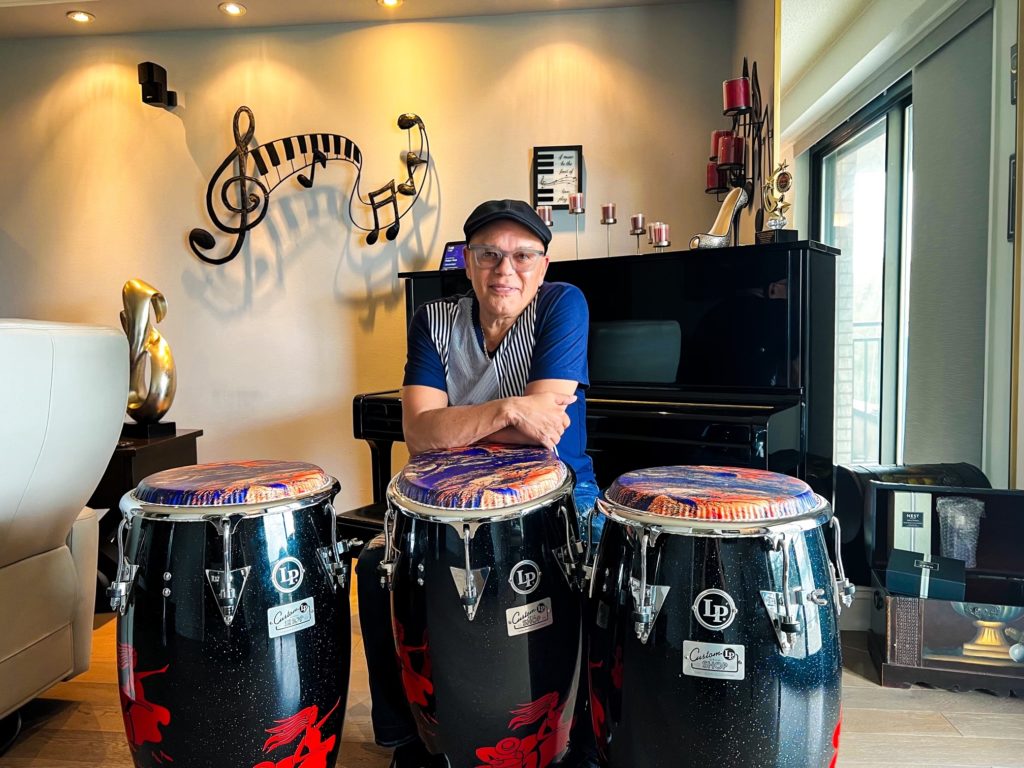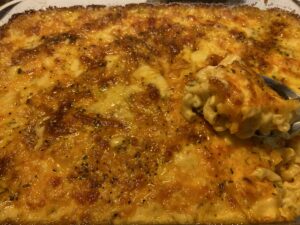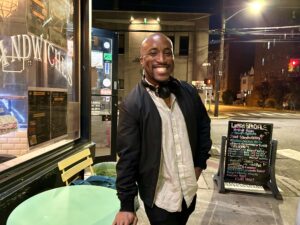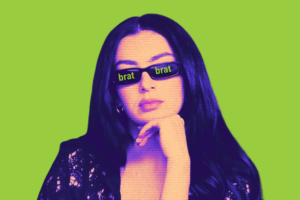Photo by co-founder Neidy Gutierrez.
Meeting Little Johnny Rivero, you can feel the rhythm coming out of him as he taps his feet and gets into a producer mindset while talking about music.
Growing up in East Harlem, music has always been a part of Rivero’s life. Surrounded by his Puerto Rican family who loved to dance, he picked up rhythm pretty quickly, learning dances like the pachanga just from observation.
From then on, he kept picking up on other Latin dances like the chacha, mambo and guaracha and practicing his moves at parties his father was a promoter at. He would dance at places like Copacabana and the Colgate Gardens where he discovered his love for percussion listening and dancing to music from Johnny Pacheco and Eddie Palmieri. He would hop on stage and play with the instruments after the performance was done.
That’s where his career began.
In a time where there were little to no musical teachers in that genre, the now Hudson County resident, learned everything he needed to start his career by listening to records from Machito, Tito Rodriguez, Tito Puente, and Johnny Pacheco, whom his father would play at home.
Being from “el barrio” was very influential on Rivero. In his neighborhood, he would go to places like Jefferson Park where “rumberos” would gather and he would learn how to play specific rhythms and then go home to practice for six to seven hours perfecting it.

Rivero’s dedication to music from a young age has been part of the reason why he has been able to accomplish his dreams.
“I have had the joy of playing with the best musicians from Puerto Rico, the best Latin jazz musicians in New York, and I am currently traveling the entire world with maestro Eddie Palmieri, whom I have been with for 21 years now, though it feels like it was just yesterday,” said the musician.
Rivero’s Musical Journey
At the age of 14, Rivero became the youngest musician to join la Orquesta Colón, which was the youngest Latin band in NYC, after being asked by Gustavo Colon to join his group as a conga player.
He recorded two albums with them called “Orquesta Colón: Creepin’ Up” and “Adan y Eva” (Adam and Eve).
Before playing with Eddie Palmieri and traveling the world to places like Russia, Europe, South America, Japan, and Hong Kong, Rivero found himself in Puerto Rico in 1973 after his parents decided to move back to their homeland.
In 1974, he joined La Sonora Ponceña, which he spent 16 years with and recorded 18 albums.
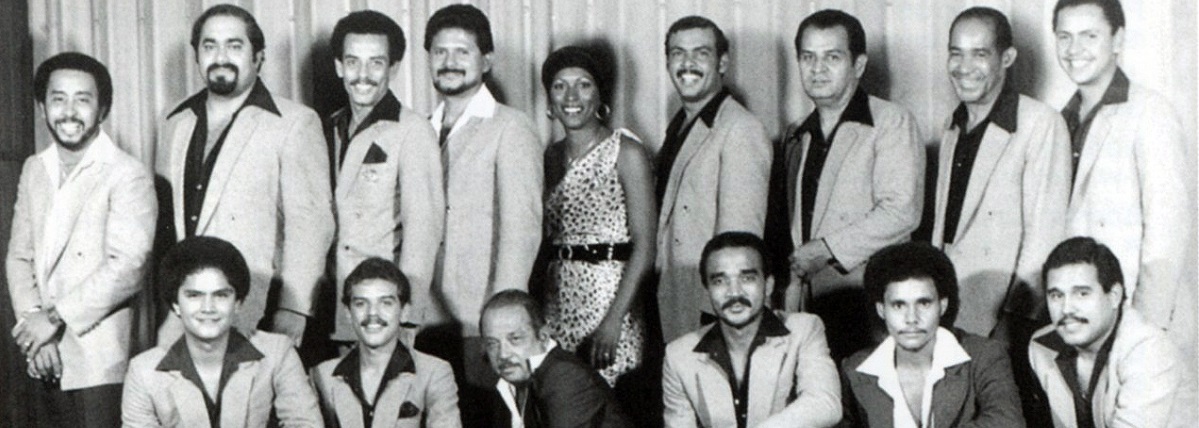
Leaving the group in 1990, Rivero wanted to focus on freelance music which allowed him to play with different bands and different instruments. He has about 135 recordings with different artists like Bobby Valentin, Domingo Quinones, Victor Manuelle, Frankie Ruiz just to name a few.
Coming back to New York back in 1997, Rivero was able to experience a whole new level to his career playing latin jazz.
“Being here in New York… it opened up a space that I love to play so much – Latin jazz,” he said. “Latin jazz is a way of expressing yourself. It is something that one continues studying and there comes a time where you want to do something specific, which is to demonstrate your talent and Latin jazz is one way to do it.”
With Latin jazz he has been a part of two grammy wins – The The Brian Lynch/Eddie Palmieri Project – “Simpático” and “The Omni-American Book Club My Journey Through Literature In Music” by Brian Lynch Big Band.
With over 40 years of experience and musical memories, Rivero has had many musical highlights. One of the memories he expressed gratitude for was the time he played in Madison Square Garden with La Sonora Ponceña accompanying Celia Cruz who is classified as a Latin music icon.
When it comes to making his own musical style he takes inspiration from some of the greats he grew up listening to like Little Ray Romero, Francisco Aguabella and Ray Barretto. He loves learning from other artists and recalls playing music in a studio with 30 musicians at once as one of the most special moments in his career. This was for Eddie Palmeiri’s album “Mi Luz Major.”
Cultural Influence
Looking back at his career, Rivero has realized how impactful cultures have been in his life both professionally and personally. He has gained value from other cultures like Cuba, Brazil and Africa learning from native percussionists about their culture and their rhythm.
“It’s important to me,” he told Slice of Culture. “If I can learn a little bit about each culture and then mix it with what I know about my culture, it is a beautiful thing. It is a combination that one can use for a lifetime.”
His Music
Rivero has recorded several albums of his own including “Golpe Duro” featuring Anthony Almonte. Rivero originally met Almonte when he was teaching at a high school in the Bronx. He considers Almonte one of the best students he has ever taught.
Years passed before their paths crossed again until Rivero was looking for a singer for the album, which came out in 2020. “Golpe Duro” was considered for a latin grammy.
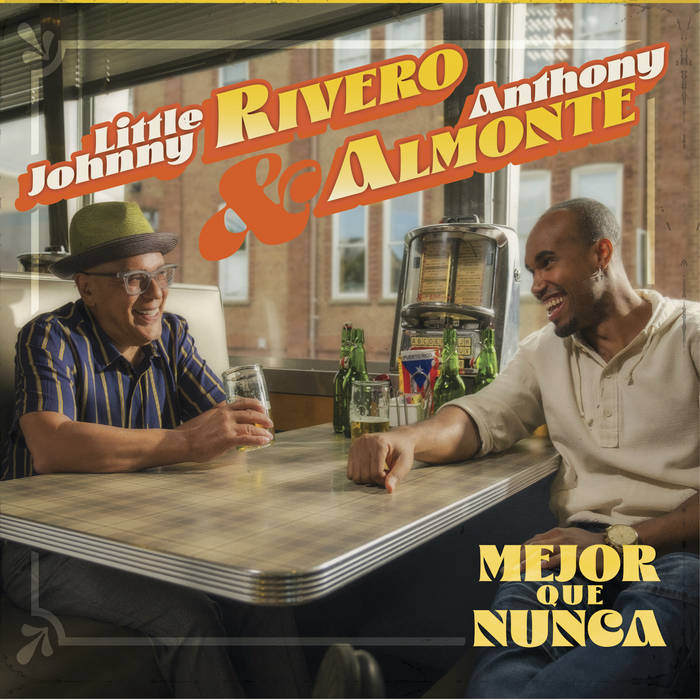
In 2023, they came out with a new album called “Mejor Que Nunca” which Rivero describes as a very danceable album with traditional salsa sounds. He shares the album’s composition once again with Almonte and Manolo Vega Sosa.
Rivero continues to dream of making more albums and teaching music saying that for musicians, it is impossible for them to stop.
But why would he stop when he continues to receive support from his community and his fans.
“I think the most beautiful thing about all this, being able to make all kinds of music and continue doing what I like, is because of the unconditional support that the public gives me. The love they give me when I go on stage, when I go to the shows, the love and affection that they give me is a motivation to move forward and I will always carry that in my soul and in my heart.”

